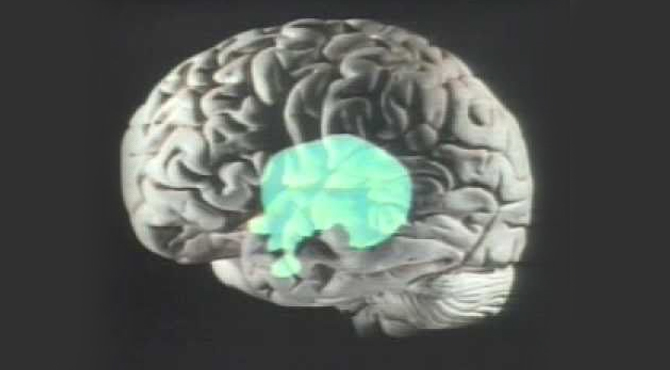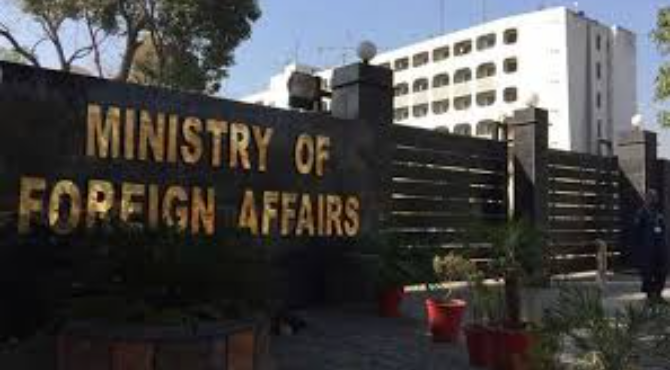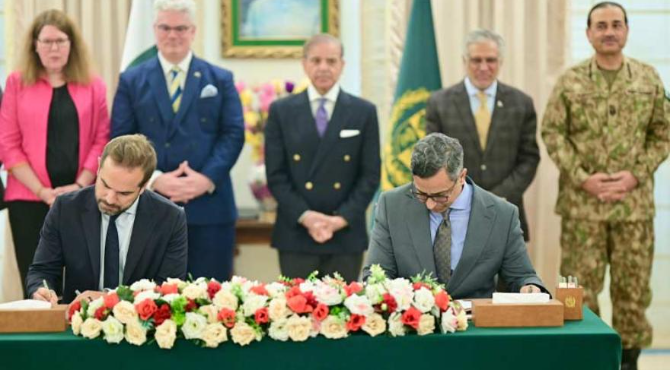Islamabad: A recent study in mice investigates immune cells called microglia in the developing brain. The authors conclude that the failure of these cells to perform an essential housekeeping role may lead to autism spectrum disorder in boys.
A recent study looks at microglia and autism spectrum disorder.
Children with autism spectrum disorder (ASD) often display impaired social functioning, repetitive and inflexible behavior, and hypersensitivity to sound and light.
Among 8-year-olds in the United States, about 1 in 59 (1.7%) has ASD.
However, research suggests that boys are four times more likely than girls to develop the disorder. About 2.7% of boys and 0.7% of girls have ASD.
Why males are more susceptible than females has been a subject of debate among scientists, but a new study suggests that brain cells called microglia may be partly to blame.
Overproduction of protein
Research in mice has now found that the overproduction of protein in microglia — as a result of a genetic fault — prevents the cells from performing this vital housekeeping role, but only in males.
Male mice with this genetic quirk in their microglia display autism-like impairments in social skills and behaviors.
This suggests that in some boys, the overproduction of protein in microglia during brain development may contribute to ASD.
Gene variants
Scientists have linked hundreds of gene variants to ASD, but individually, they only raise the risk of developing the condition by a tiny amount. Some of these genes are inherited, while others are the result of new mutations.
How the genes interact with each other and environmental influences to cause ASD remains poorly understood. However, a subset of ASD genes is known to increase protein production in cells via a common metabolic pathway, which these genes all disrupt in some way.
Between them, the authors of the current study note, these particular genes account for about 3% of all ASD cases.
Xu and his team set out to discover which type of brain cell causes ASD-like behaviors as a result of excessive protein production.
ASD genes that increase protein production appear to do so via elevated levels of a molecule called eIF4E. The molecule is part of the mechanism for translating the protein-making instructions that our genes encode.
The researchers genetically engineered mice to make abnormally high levels of eIF4E in either their microglial cells, their neurons, or another type of brain cell called an astrocyte.
Too many synapses
Scientists have put forward the theory that a failure to remove excess synapses in the brain may be partly responsible for autism.
The creation and strengthening of synapses occur during learning experiences as part of normal development.
However, the brain needs to retain some flexibility to allow it to take in new information and unlearn maladaptive behaviors.
Having too many synapses in particular parts of the brain may create the sensory overload and repetitive, inflexible behaviors that are characteristic of ASD.
Neuroscientists now believe that achieving a balance between learning and plasticity requires the removal of weak or redundant synapses during childhood and adolescence.
Even in adults, the removal of redundant synapses may occur every night as we sleep to retain a healthy degree of cognitive flexibility while we are awake.
Faulty immune cells in the developing brain may contribute to autism



















